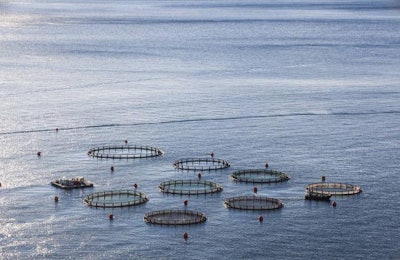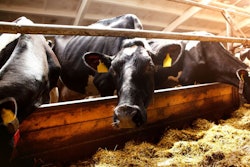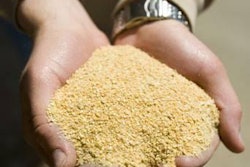
Congressional subcommittee told of initiatives to protect the health of aquatic species
Officials with the United States Department of Agriculture (USDA) Animal and Plant Health Inspection Service (APHIS) said the agency is increasing its commitment to the aquaculture industry, highlighting several initiatives to protect the health of aquatic animals.
During the House Agriculture Committee’s Subcommittee on Livestock, Dairy and Poultry hearing, A Review of USDA Animal Disease and Response Efforts, Rep. Chellie Pingree, D-Maine, spoke of the importance aquaculture has to her state, and wanted to make sure that APHIS understood that importance.
“Maine aquaculture is about an US$80-million-to-US$100 million-a-year business. It represents about 25 species of fin fish, shellfish and sea vegetables, and (accounts for) about 700 jobs in our state, so aquatic animal health is very important to us,” said Pingree.
Pingree said she was aware of the APHIS national Aquaculture Health Plan and Standards that were released in 2021 and support aquatic animal health, but she asked for an update on what the agency is doing.
Alecia Naugle, APHIS Veterinary Services Associate Deputy Administrator, said the agency received additional funding in the most recent omnibus, and that money is being used to further develop the Comprehensive Aquaculture Health Program Standards (CAPS).
“What that allows us to do is it develops an approach where aquaculture producers address things like biosecurity surveillance and other types of management practices that support aquatic health and allow them to be competitive in interstate trade as well as potentially international trade,” said Naugle.
APHIS is also using about US$1 million of those funds to provide cooperative agreements to help further the laboratory capacity with regard to aquatic diseases, which is something that had not previously been much of a focus area.
One other thing Naugle mentioned is that APHIS is continuing to conduct risk assessments and pathway assessments to examine “certain high-consequence” aquatic species diseases and determine if any actions need to be taken regarding the movement of animals.













